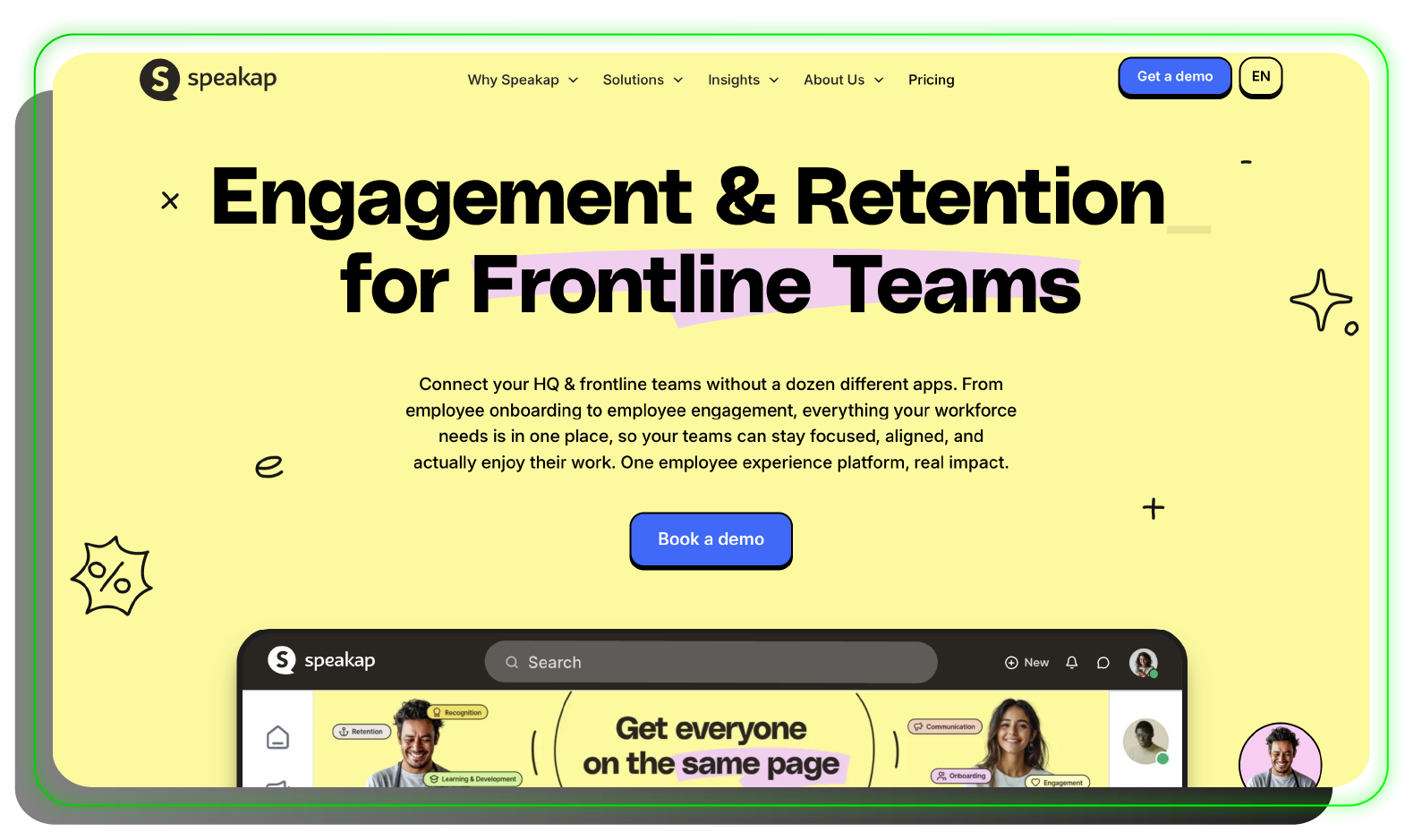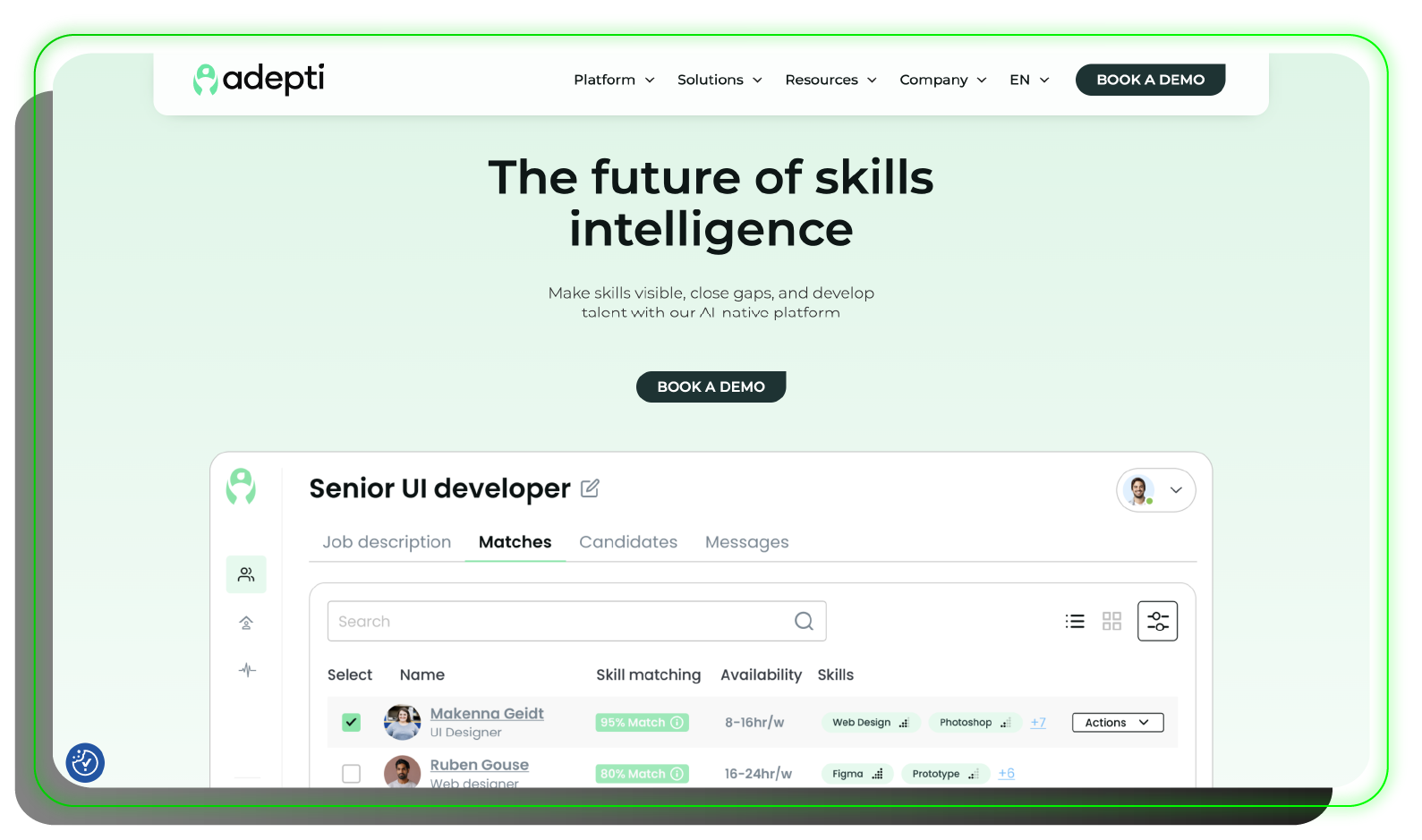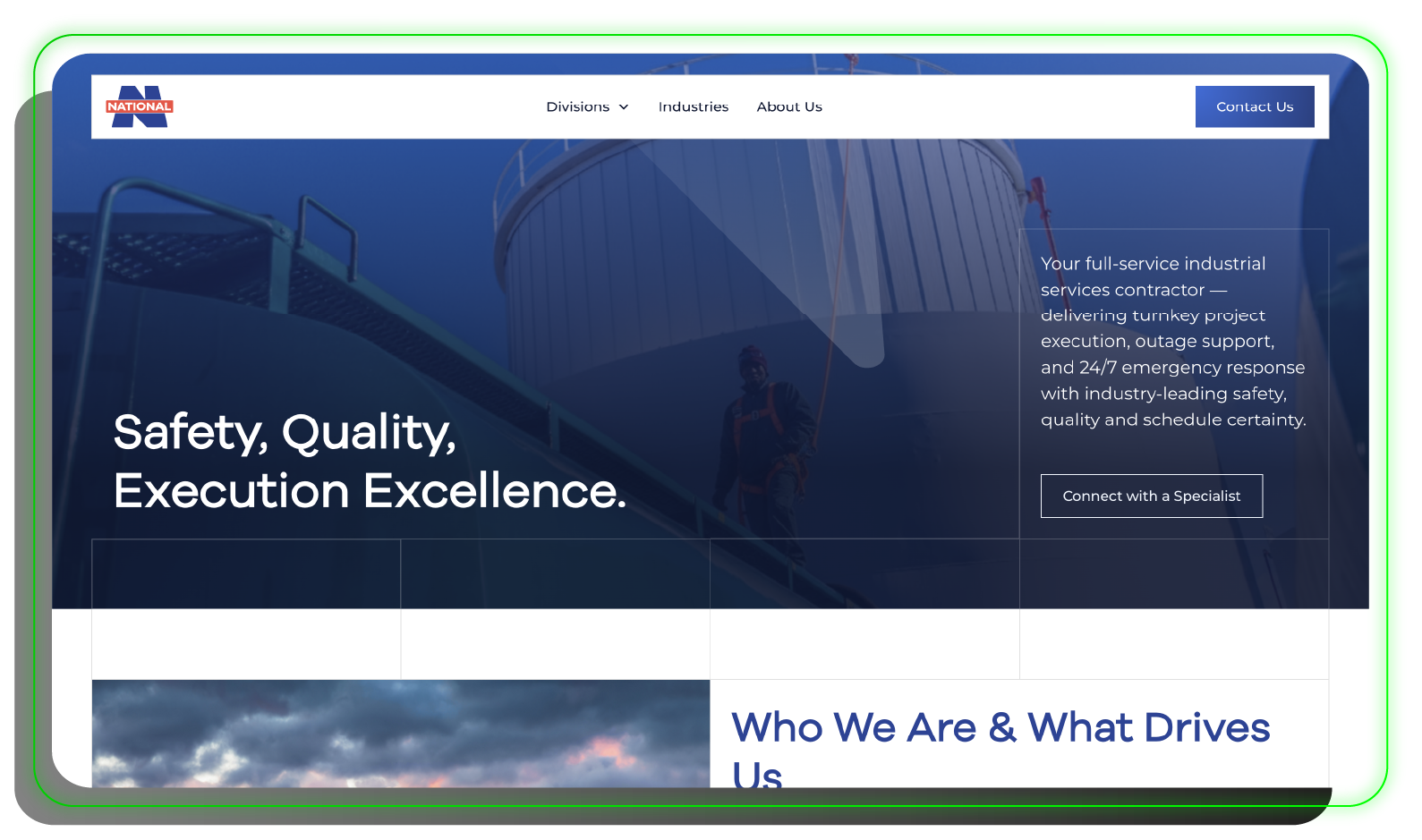Drive Measurable Growth with Intelligent Lead Scoring
Not all leads are created equal. In B2B industries like SaaS, Fintech, Industrial Maintenance, and Manufacturing, smart lead scoring ensures that sales focuses on the most promising opportunities and marketing knows which behaviors correlate with pipeline acceleration. Lead scoring isn’t just a filter—it’s a predictive signal that increases conversion efficiency and shortens sales cycles.
By prioritizing leads with actual buying intent, you optimize both sales productivity and pipeline quality.
Rethink Traditional Lead Scoring
Many organizations use static scoring that quickly goes stale. Basic point‑based models without real behavioral data fail to differentiate buying intent effectively. This leads to:
- Poor sales prioritization
- Disconnects between engagement and readiness
- High volumes of low‑value follow‑ups
To drive real impact, lead scoring must incorporate real‑time signals, historical trends, and predictive modeling.
The Real Cost of Ineffective Scoring
Without a robust lead scoring system:
- Sales chases unfit leads, wasting time and effort
- Marketing can’t quantify signal quality, making nurture less effective
- Pipeline conversion stalls, slowing revenue velocity
Lead scoring errors propagate inefficiencies throughout the funnel and diminish predictability.
AI‑Optimized Lead Scoring for Scalable Growth
We build lead scoring systems that adapt as your pipeline changes:
- Dynamic Scoring Models – Use behavioral, firmographic, and intent data to prioritize leads.
- Predictive Signals – Leverage AI to detect patterns that correlate with conversion likelihood.
- CRM & HubSpot Integration – Ensure scoring feeds directly into your sales workflow and automation.
- Continuous Optimization – Model refinement using closed‑loop feedback from won/lost deals.
This ensures your lead scoring reflects real buying propensity, not outdated assumptions.
Proven Results from Enhanced Lead Scoring
Clients using AI‑enhanced scoring see:
- Higher SQL conversion rates as sales focuses on hot leads
- Improved alignment between marketing engagement and sales readiness
- Shorter sales cycles due to better prioritization
By applying data‑driven scoring, you turn raw lead volume into a pipeline acceleration signal, not noise.
Ready to Improve Your Lead Scoring? Book a Strategy Call Today
If lead quality is inconsistent or sales prioritization is unclear, Effiqs will build a scoring system that drives predictability and performance.
Book a strategy call with CEO Alex Hollander today: Book a Strategy Call
Internal Links
- Improve attribution via HubSpot Attribution
- Tie performance to revenue with B2B Marketing Reporting
- Capture full journey insight via Offline Conversion Tracking
- Align GTM and scoring with B2B GTM Strategy
Trade‑offs
Dynamic lead scoring requires quality data and ongoing refinement as buyer behaviors evolve. Initial model setup can be intensive, but the increased conversion efficiency and improved sales focus justify the investment by driving faster pipeline velocity and better alignment.
































